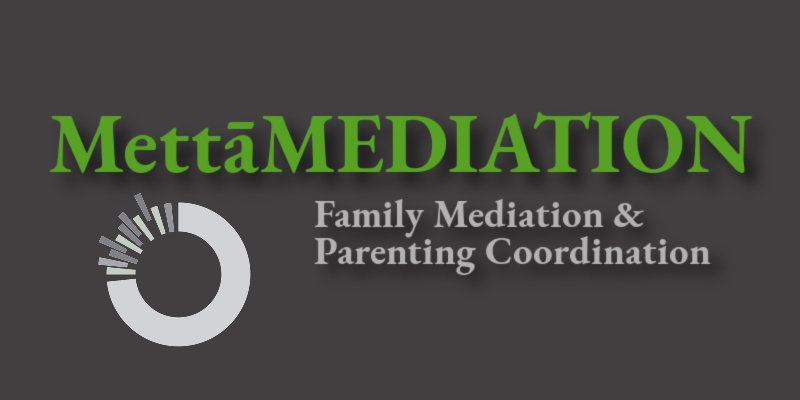The concept of “fair”
As a starting point for our discussion, here is the definition of “fair” as an adjective - from the Oxford Languages Dictionary - “impartial and just, without favouritism or discrimination.”
When I mediate, in fact in my early screening meetings, I am often assured by the person I am speaking with that they “only want to be fair”. Sometimes, the comment is made in a pleading way, with a measure of frustration that efforts made so far to settle have brought no results. Why is that the case, the person asks - after all, what I am proposing is nothing other than “fair”.
Here is the practical reality, one we have to grapple with in all situations involving a dispute and all the conflict that comes along for the ride: while the dictionary provides us with a definition, the concept of “fair” is a subjective concept, very much in the eye of the beholder. In other words, your definition of fair may very well differ from mine, or John’s ~ you know, the guy who lives down the street and grows amazing tomatoes.
Couples often separate precisely because their concept of fair differs - and this can then spill into the very fabric of a couple’s life, from parenting responsibilities, to finances, through housework, involvement in social media, outside interests and so on - you name it, I have seen it. “It’s not fair that she was spending all the money while I went to work every morning ~ she did nothing to earn it.” or “It’s not fair that all he did was work and I had to take care of the house and the children on my own, without any help”.
As a family mediator, I often work with couples who come to me with an already-built up level of frustration, frequently relating to what they perceive as unfairness during the relationship or at separation. And they bring to the negotiating table their unique definitions of “fair”. How can I deal with that, as a family mediator? Is there a way of addressing this as a potential obstacle to settlement?
I can begin by helping the parties agree on the measuring stick we will use for the purposes of our discussions, and hopefully their agreement and eventual settlement. That would then more precisely clarify the concept of “fair” in the specific case. What do I mean by “the measuring stick”? For example, will the parties measure their offers to one another based on their common religious principles? Or will they use morality to evaluate their respective actions, both before and after separation? Will morality dictate the outcomes as well, entitlements, obligations? Those options are available but the trick is the parties must agree on this issue. If they do not, they will continue with their dispute because the lenses through which they view their respective proposals, one to the other, are different.
The more common, and I say reliable, approach is to use the law as the measuring stick. Yes, I acknowledge the law is not perfect, and not everyone agrees with every aspect of it but it is the measuring stick before Ontario’s family court judges. For this reason, it is also an acceptable measuring stick for negotiations in family mediation - it allows each side to measure their BATNA (best alternative to a negotiated agreement) ~ as in “if we don’t settle and I end up before the court, will I get more or less than what I am being offered in mediation?” In this scenario, the parties make their proposals to one another on the basis, a bit more and a bit less, of their rights and obligations under the law. I say “ a bit more and a bit less” because there remains an element of bargaining in the negotiation process. It is also important to remember that the law is not perfectly black and white - judges interpret law each and every day when they make orders in family court. So negotiating wiggle-room is often available.
Looking back at the dictionary definition of “fair”, it includes the words “just” as well as “impartial”. Family court justice, based on the laws of Ontario and Canada, may therefore fit into the definition of “fair”, and serve as an important measuring stick for negotiations in the context of family mediation.
If you have any questions about our mediation services, please contact Carolyn and she will answer them for you.
©AJJakubowska

